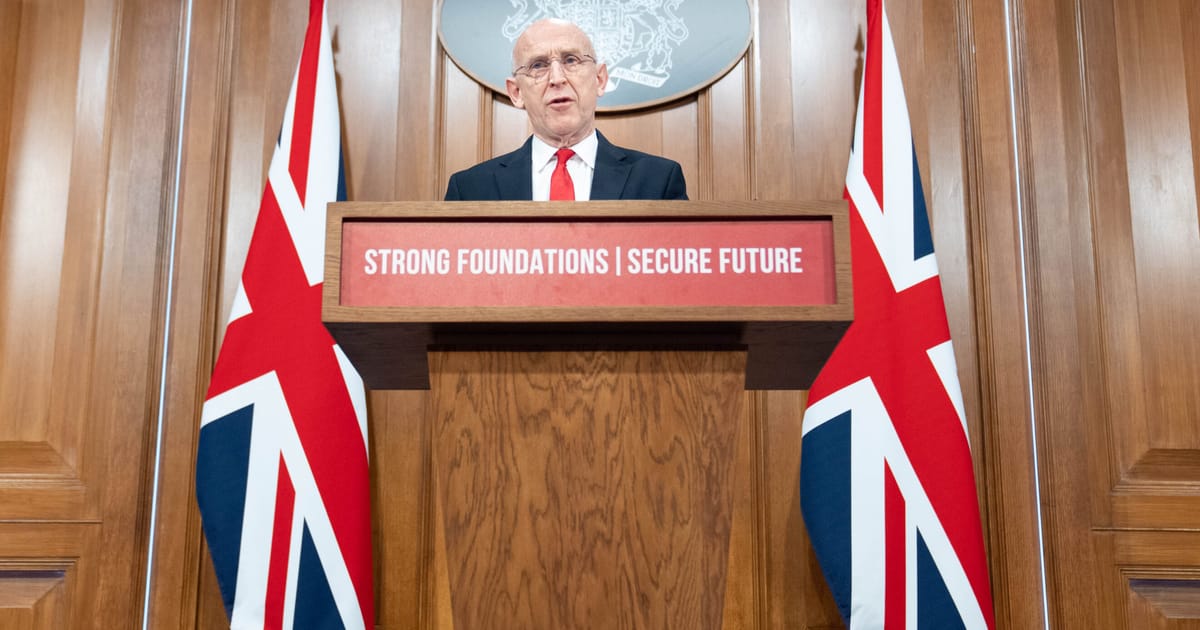U.K. Defence Secretary John Healey told journalists at a press conference Wednesday: “We’ve always made clear whilst we were willing to pay a fair share of the costs of this program, any deal had to be good value for money for our British taxpayers.”
Sandro Gozi, a member of the European Parliament who chairs the EU-U.K. Parliamentary Partnership Assembly, confirmed to POLITICO that “we want to reserve high percentages” of projects for EU defense industries, adding this was “not to put other partner in an uncomfortable position” but to develop strategic autonomy.
Hopes remain high that the U.K. will find an agreement with the EU before the end of November, but officials from both camps warn that the outcome may be more limited than was first envisaged when Starmer and Commission President Ursula von der Leyen exchanged warm words in May.
A U.K. official said London’s view was that the sum ought to reflect administration costs and the cost of guaranteeing the loans, adding it was “not reasonable to pay the EU just for the privilege of access.”
They stressed the U.K. was taking “a pragmatic approach”, and that the EU-U.K. relationship would sit alongside bilateral partnerships with member states as “valuable pieces of the puzzle” in strengthening Europe’s defense.
Under SAFE’s current rules, components from non-member countries can make up 35 percent of a product to qualify for the loans. Expanding that to 50 percent or more would allow a greater participation for the U.K., which has one of Europe’s largest and most advanced defense industries.
Jon Stone contributed to this report.
